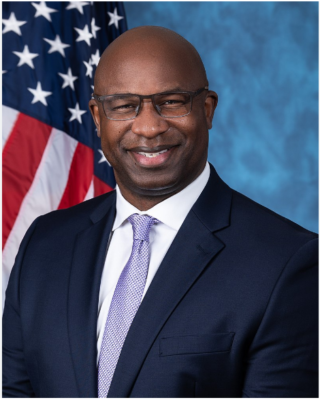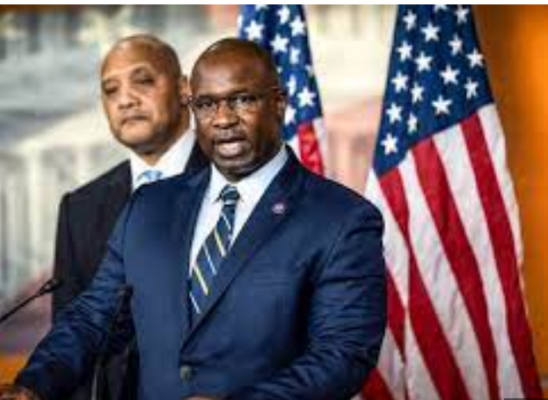Unearthing an Old 9/11 Conspiracy Theory Poem and Bowman’s Disavowal
In a recent revelation by the Daily Beast, Congressman Jamaal Bowman has disavowed an old 9/11 conspiracy theory poem that he wrote and posted on his blog in May 2011. The poem, written during Bowman’s tenure as a teacher at the Cornerstone Academy for Social Action in New York, cited various elements, including a documentary produced by Alex Jones, the founder of Infowars. As the unearthed poem sparks discussion and scrutiny, Bowman expressed regret and provided context for his evolving perspectives.
The Poem’s Controversial Lines:
The poem, titled “2001,” delves into the events surrounding the September 11, 2001 terrorist attacks. It includes lines that express skepticism about the official narrative of the attacks, referencing the use of planes as missiles targeting the Twin Towers and questioning the collapse of Building 7. The poem also touches upon the Pentagon and Pennsylvania incidents, urging readers to “Watch Loose Change/And Zeitgeist.”
Loose Change and Zeitgeist:

“Loose Change” is a documentary that gained attention for asserting that the U.S. government orchestrated the 9/11 attacks. It is known for presenting various conspiracy theories related to the events of that day. “Zeitgeist” is another film cited in the poem, known for delving into conspiracy theories and questioning the historical existence of figures like Jesus.
Bowman’s Disavowal and Regret:
In response to the resurfacing of the poem, Bowman disavowed its content in a statement to the Daily Beast. He expressed regret for having posted it, emphasizing that he was exploring a wide range of books, films, and articles across the political spectrum at the time. Bowman acknowledged the poem’s inclusion of controversial theories and indicated that it reflected his personal thoughts processed on a blog with limited readership.
Exploring a Wide Range of Perspectives:
Bowman’s statement highlights that during the period when the poem was written, he was engaging with a variety of materials from different political perspectives. This phase of exploration is not uncommon for individuals seeking a deeper understanding of various narratives, ideologies, and historical events. The poem, in this context, serves as a snapshot of Bowman’s intellectual journey at that specific moment.
Bowman’s Evolution and Congressional Actions:
The Congressman, in his disavowal, emphasized that he does not subscribe to the conspiracy theories mentioned in the poem. He underscored his life’s work, which includes condemning dangerous conspiracy theories through a Congressional Resolution. Bowman has also been vocal in standing up against extremism and challenging far-right narratives, showcasing a clear departure from the ideas presented in the old poem.
Misinformation Awareness and Regret:
Bowman acknowledged that over time, he has learned about the spread of misinformation and the importance of critically evaluating information sources. The statement reflects a broader societal challenge of navigating an information landscape where misinformation can easily proliferate. Bowman’s commitment to addressing misinformation aligns with the evolving awareness of the impact such narratives can have on public discourse.
Read More:
- Jürgen Klopp’s Bittersweet Farewell: A Soccer Maestro Bows Out
- Republicans Unleash Articles of Impeachment Against Mayorkas Amid Southern Border Turmoil
Conclusion:
Rep. Jamaal Bowman’s disavowal of the 9/11 conspiracy theory poem serves as a window into his intellectual evolution. The poem, penned during a time of exploration and curiosity, contrasts with his current stance as a Congressman committed to debunking conspiracy theories. Bowman’s journey reflects the complexity of engaging with diverse perspectives, evolving one’s views, and ultimately shaping a commitment to truth and responsible discourse. As the revelation sparks conversations about personal growth, the incident provides an opportunity for individuals to reflect on their own intellectual journeys and the importance of critically evaluating information in an age of widespread misinformation.
